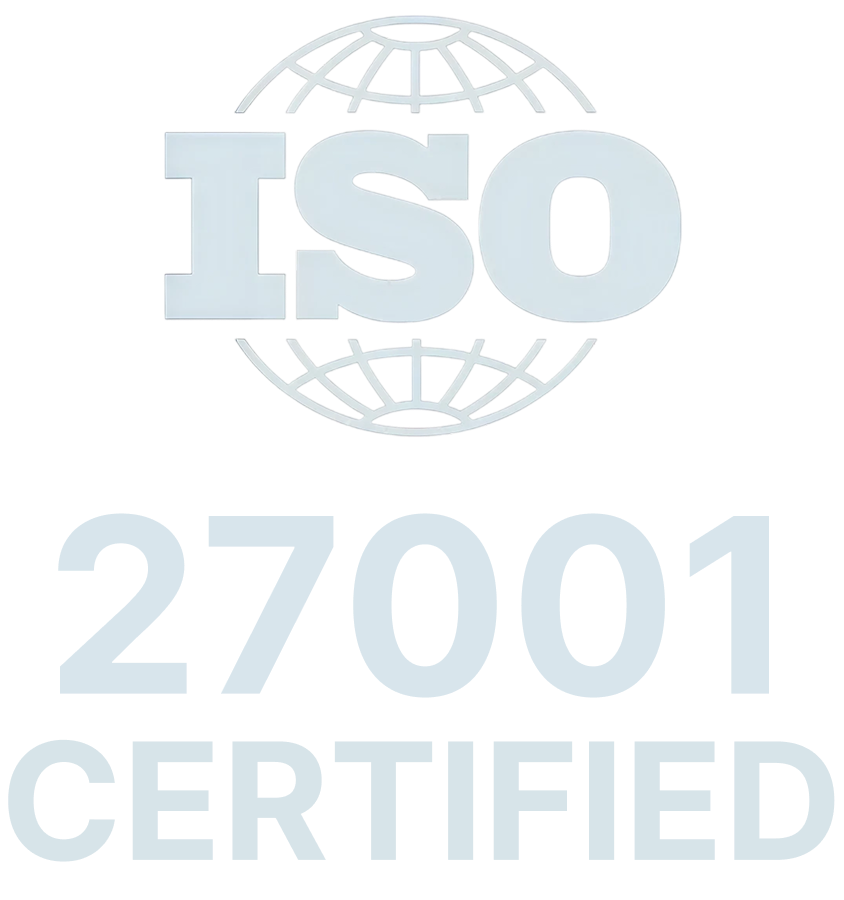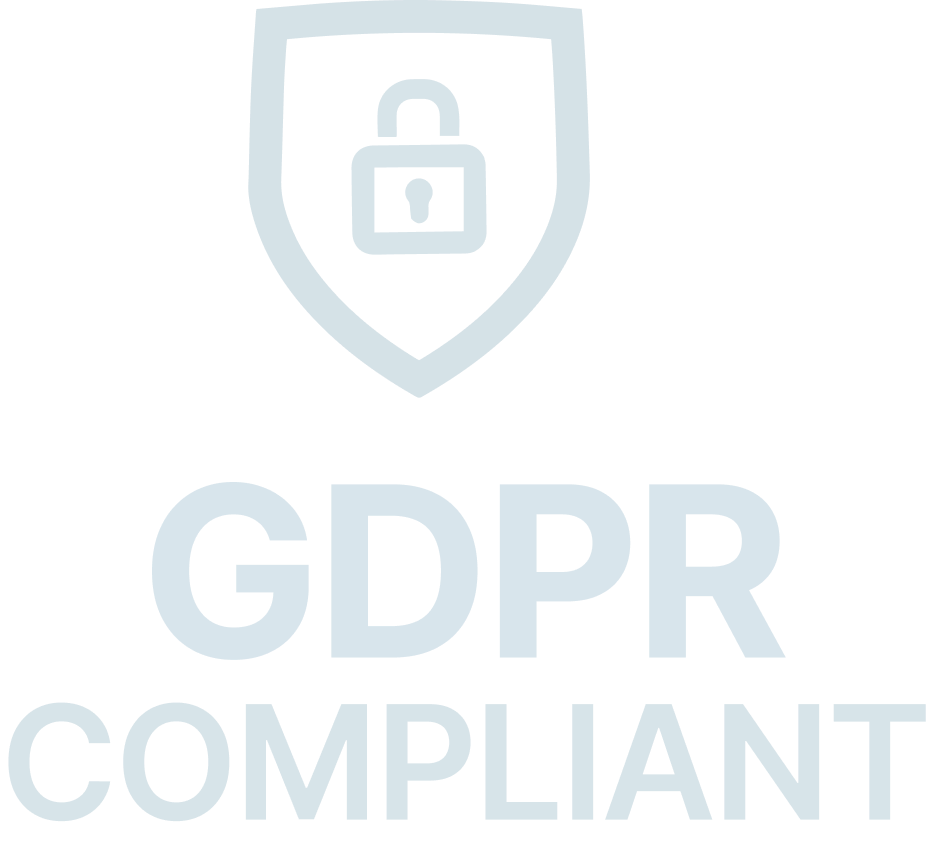Risk management is a systematic approach to identifying, analysing, evaluating, monitoring and controlling risks in companies and organisations. It enables the effective control of uncertainties and the avoidance of potential losses. Risk management is an important component of business success and serves to exploit opportunities and minimise risks in order to achieve business objectives. This glossary entry explains the most important terms and concepts in the field of risk management.
Risk management - definition and meaning
Risk management (RM) is a process by which companies and organisations identify, assess, monitor and control potential risks in order to achieve their business objectives. It involves identifying risks, analysing their potential impact, developing risk mitigation strategies and implementing measures to control and monitor risks. Risk management is an integral part of corporate management and helps to exploit opportunities and minimise risks.
Risk identification
Risk identification is the first step in the risk management process and consists of recognising potential risks that could impair the achievement of business objectives. This can be done through brainstorming, expert interviews, checklists, vulnerability analyses or other methods. The identified risks are documented and prioritised in order to create the basis for further analysis and evaluation.
Risk analysis
Risk analysis is the process of evaluating the identified risks in terms of their probability and their potential impact on the company. Quantitative and qualitative methods are used to assess the risks and develop an understanding of the company's risk landscape. The results of the risk analysis are used to develop appropriate risk management strategies.
Risk assessment
Risk assessment involves prioritising the identified and analysed risks based on their probability and potential impact. This helps the company to focus its resources on the most significant risks and to take effective measures to minimise risks. Risk assessment is a continuous process that is regularly updated to take account of changes in the risk landscape.
Risk management
Risk management comprises the development and implementation of measures to control, minimise or transfer the identified risks. These include, for example, the introduction of safety precautions, the adjustment of business processes, the training of employees or the conclusion of insurance policies. The effectiveness of the risk management measures is regularly reviewed and adjusted if necessary.
Risk monitoring and reporting
Risk monitoring and reporting are important components of risk management and serve to continuously review the risk landscape and the effectiveness of the risk management measures implemented. This includes regularly updating the risk assessment, monitoring risk indicators and reporting on risks and their management to the management.
Risk culture
Risk culture is a key factor in successful risk management and refers to the attitudes, values and behaviours relating to risk within a company. A strong risk culture promotes transparency, openness and accountability in dealing with risk and supports the implementation of effective risk management processes.
Risk appetite
Risk appetite is the degree of risk a company is willing to take in order to achieve its business objectives. It reflects the company's risk tolerance and serves as a guideline for risk management and monitoring. Risk appetite should be clearly defined, communicated and regularly reviewed to ensure that the company is operating within its chosen risk limits.
Conclusion
Risk management is a key component of corporate governance and enables companies to capitalise on opportunities and manage risks effectively. By identifying, analysing, assessing, managing and monitoring risks, companies can achieve their business objectives and be successful in the long term. A strong risk culture and a clearly defined risk appetite support the implementation of effective risk management.














